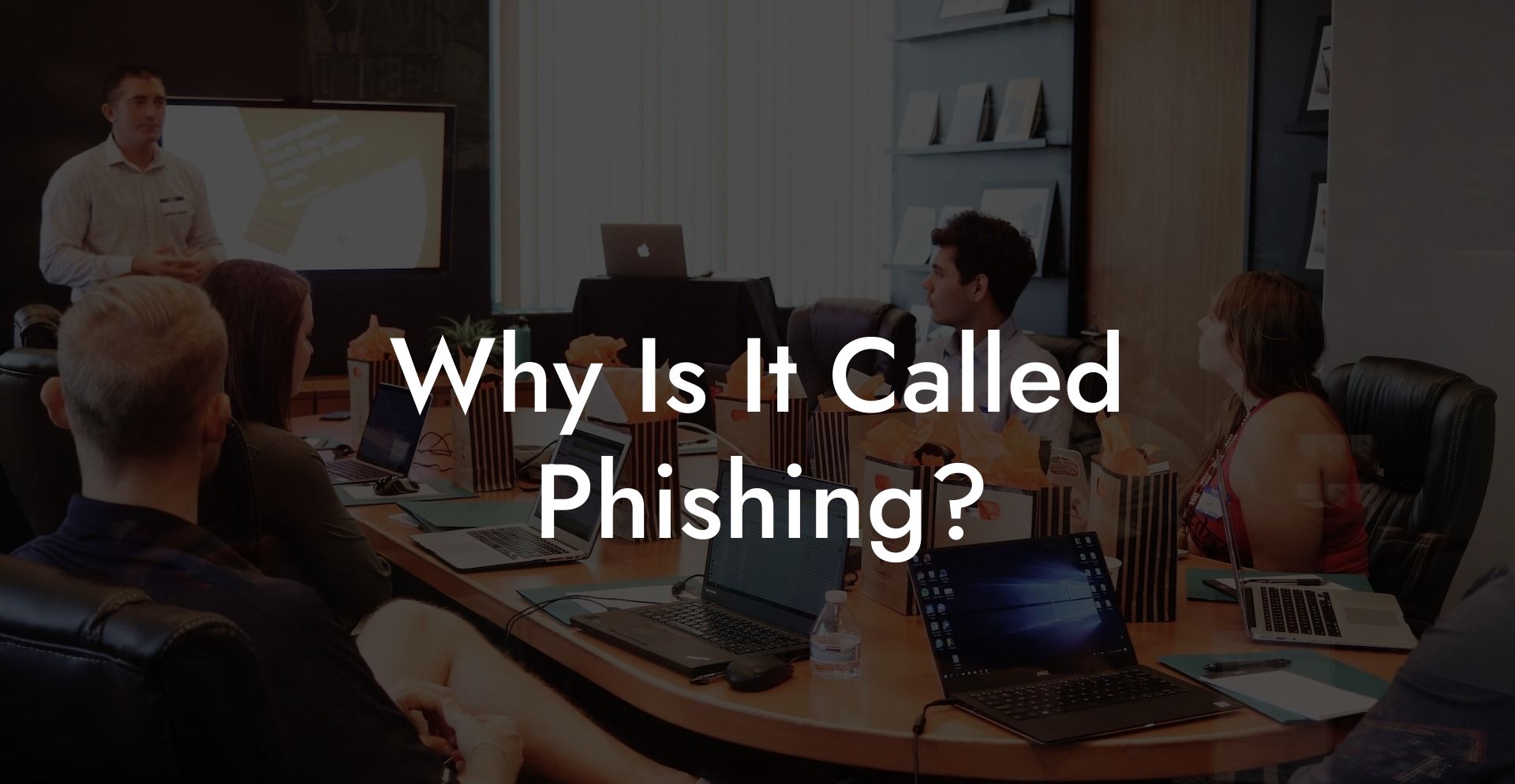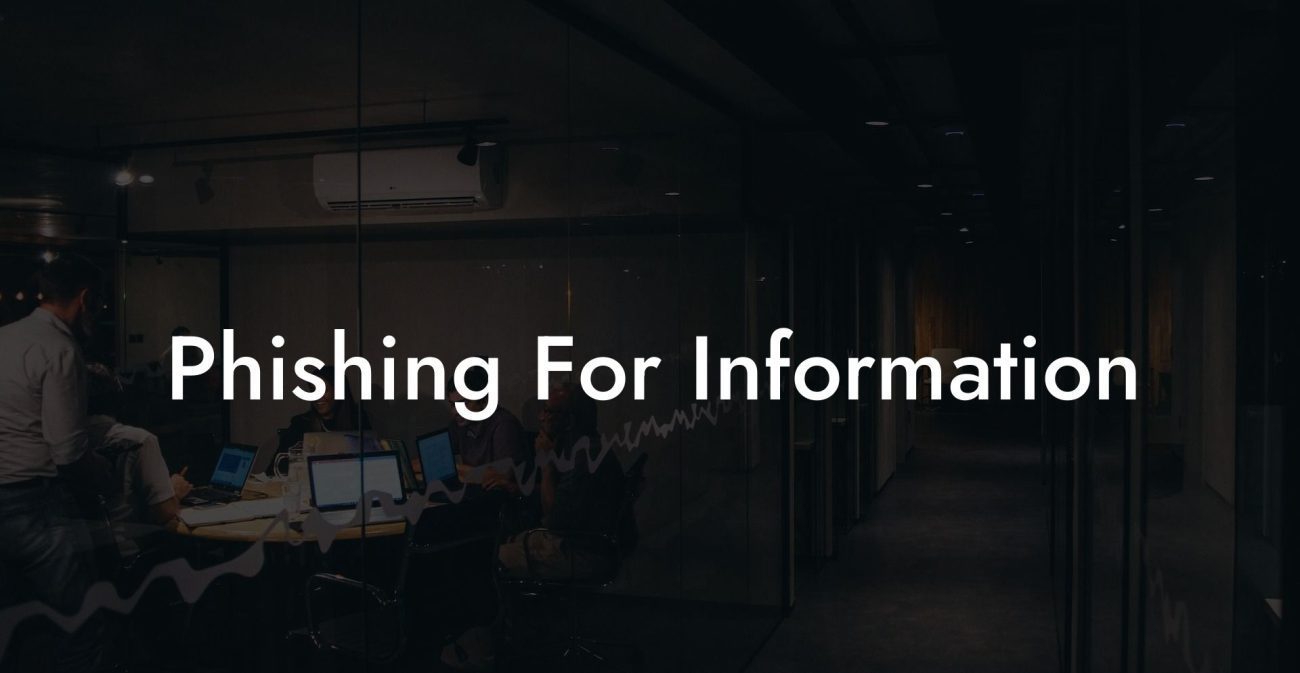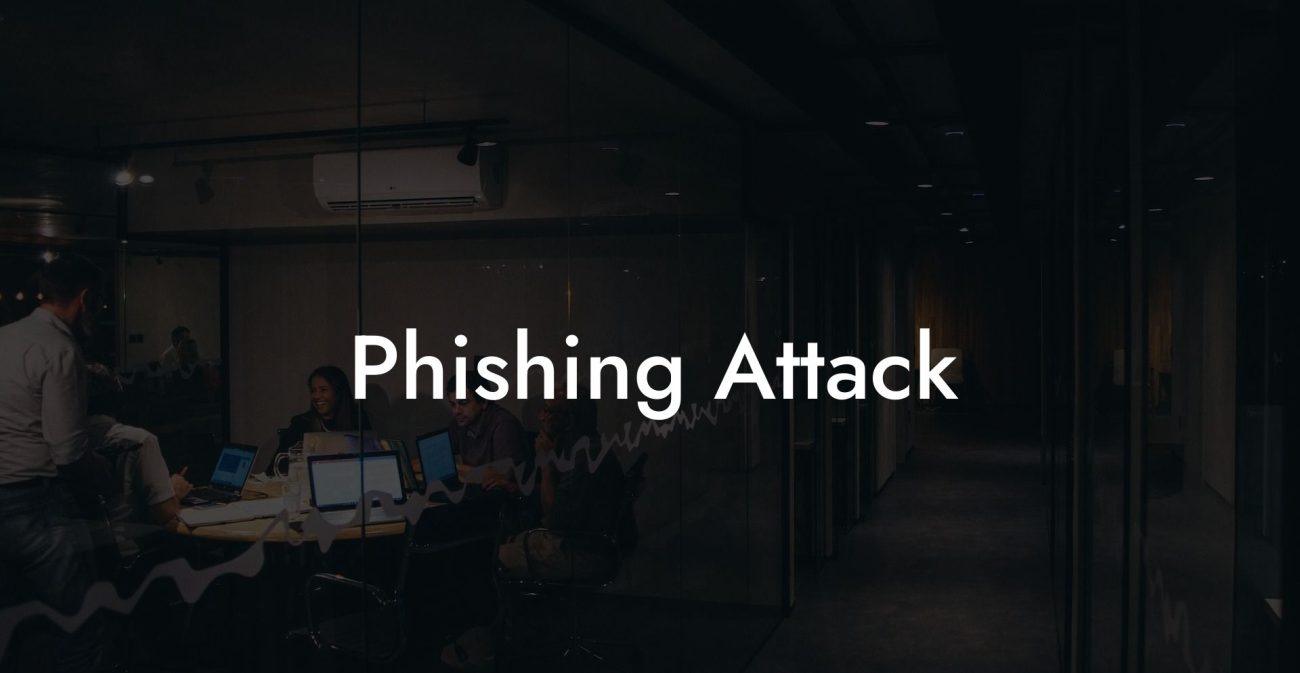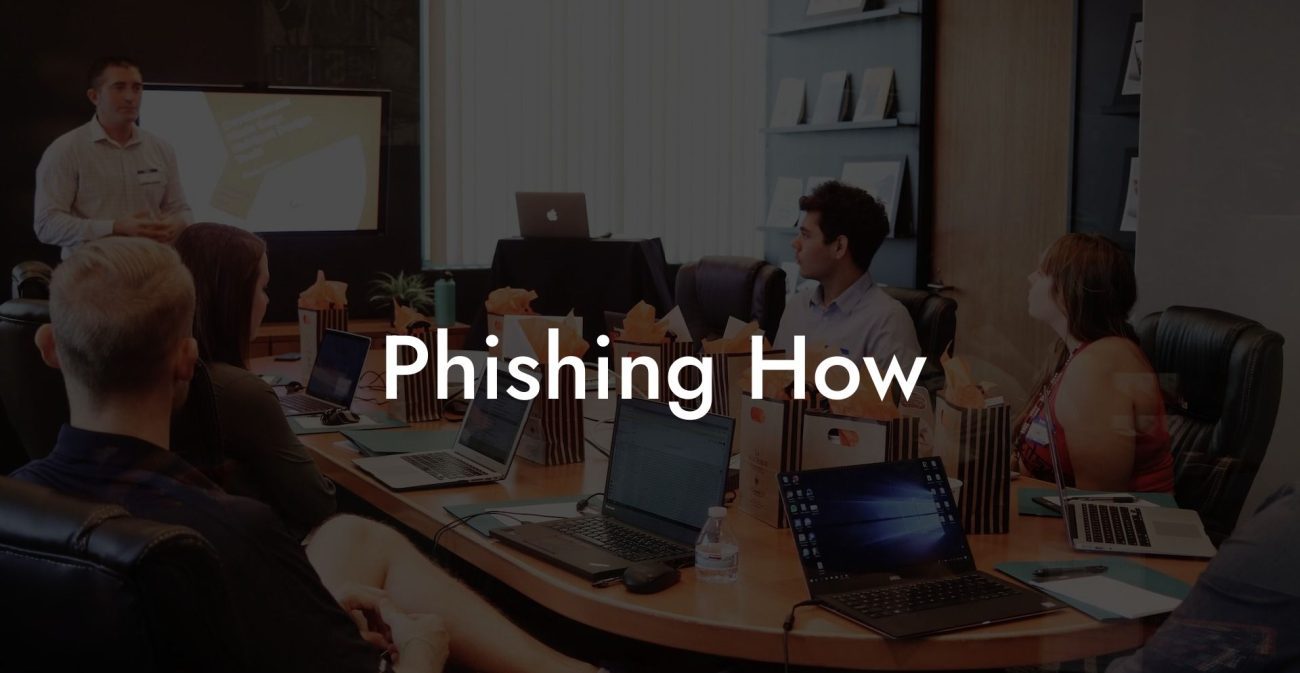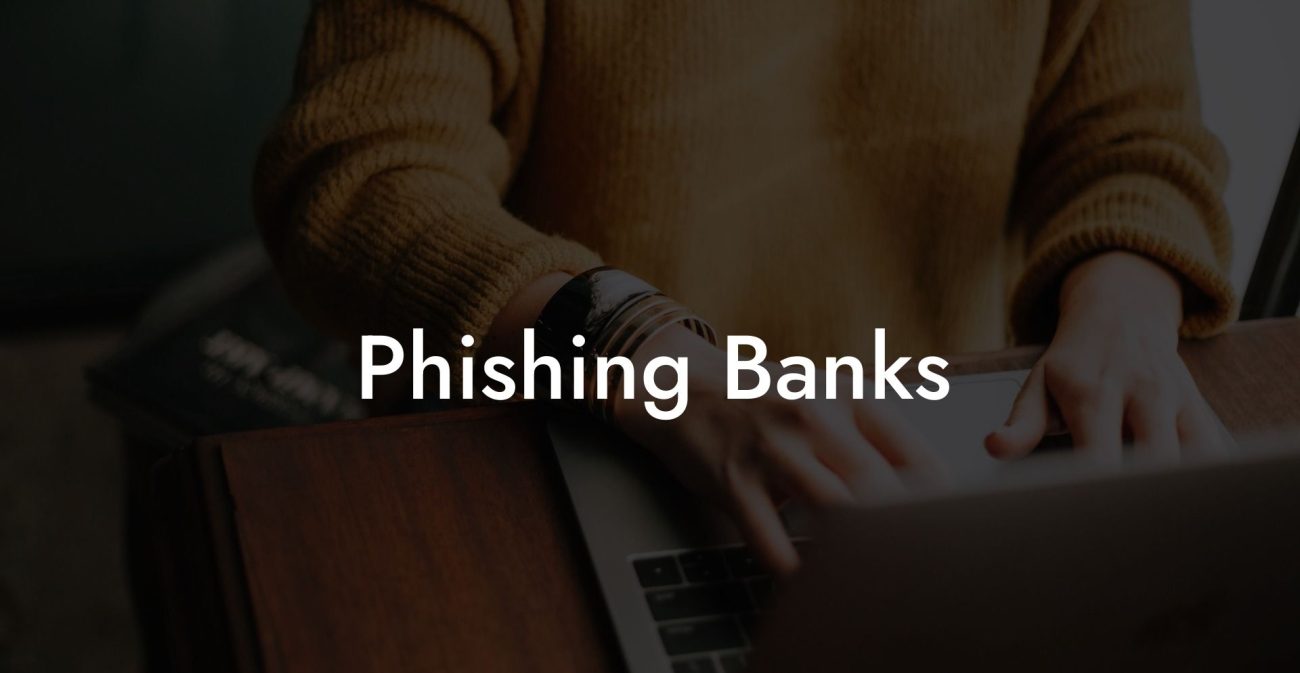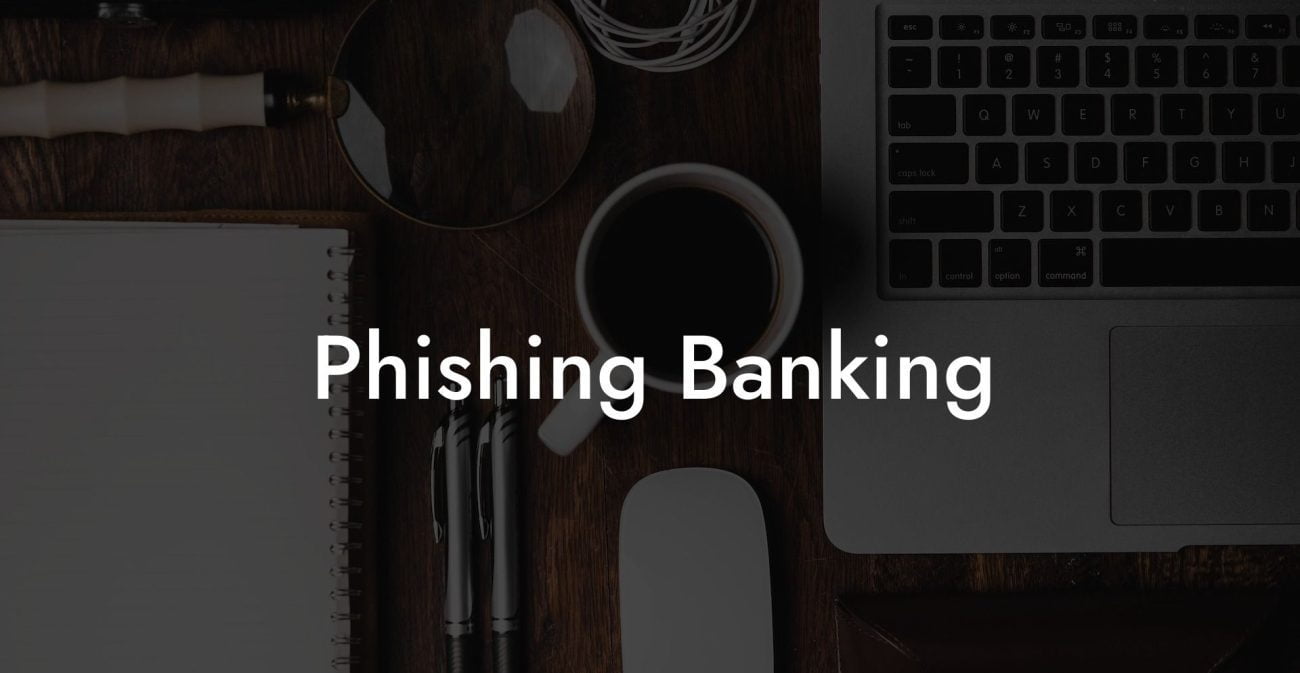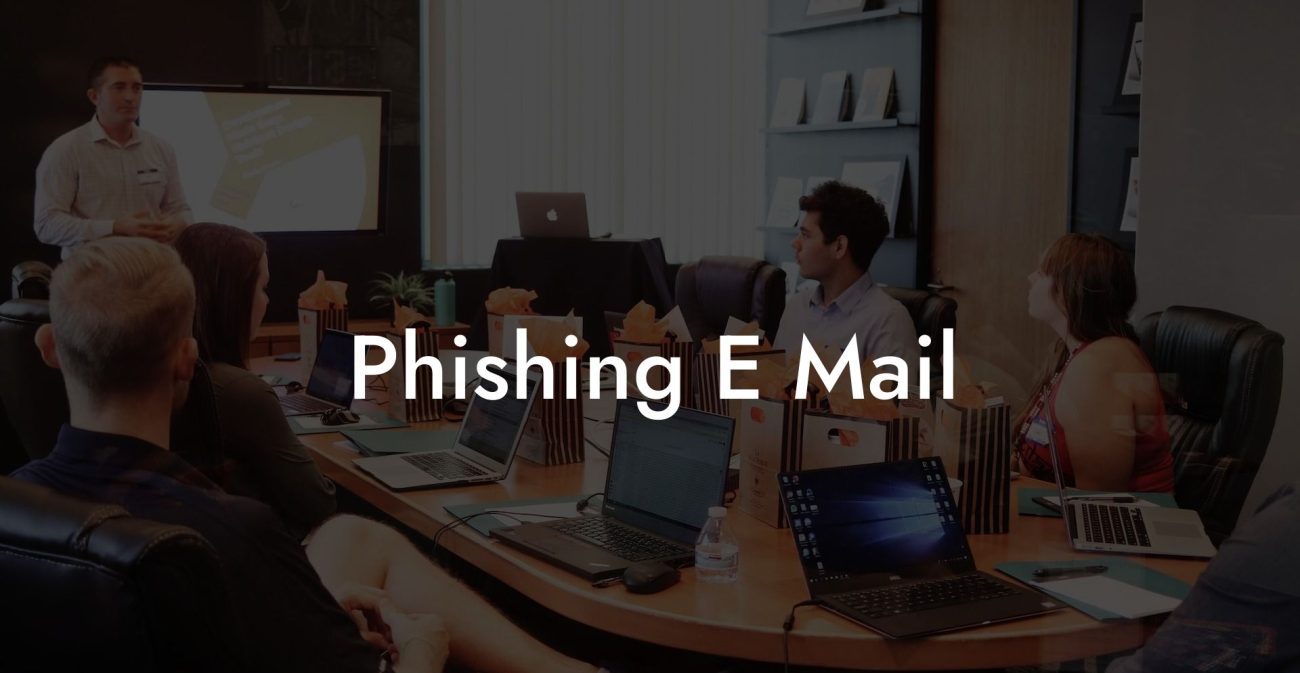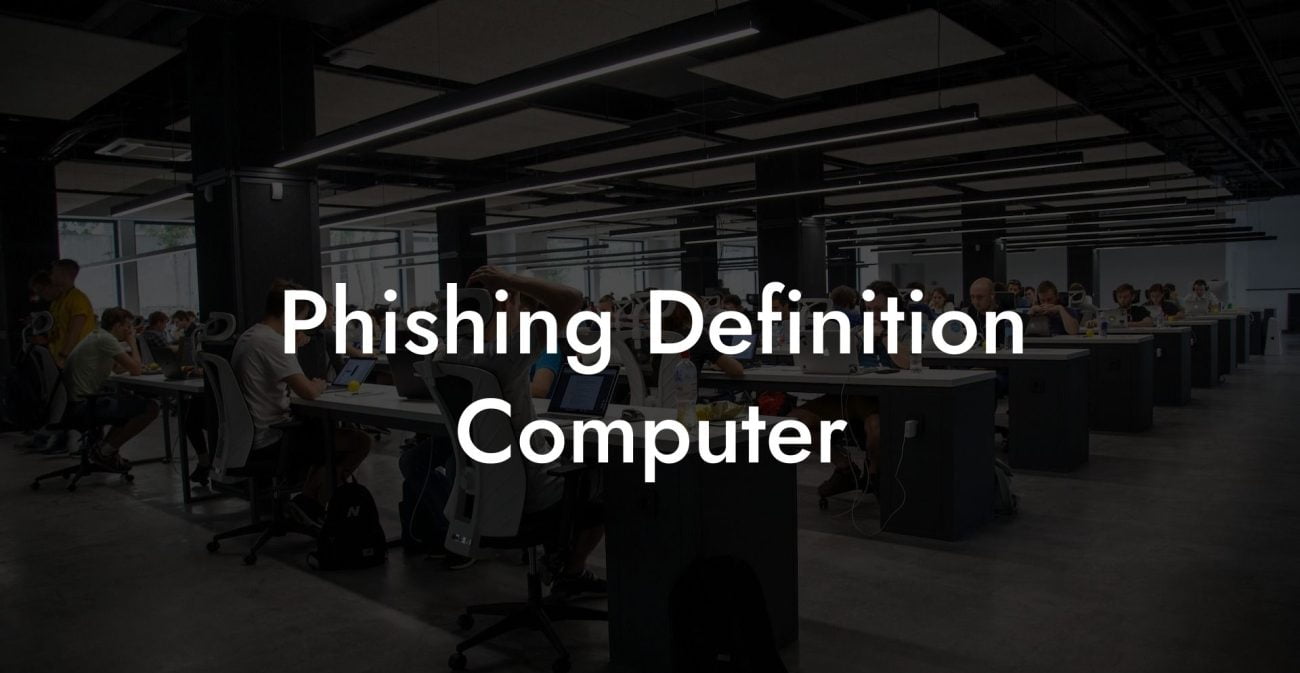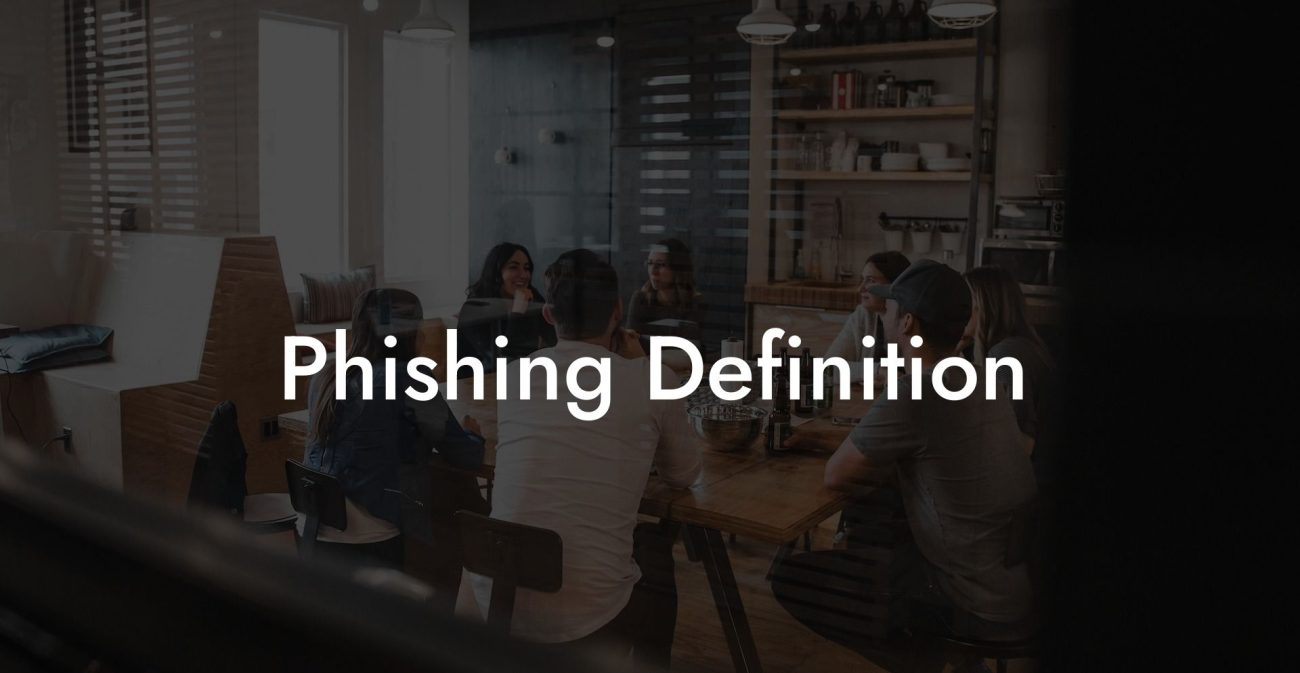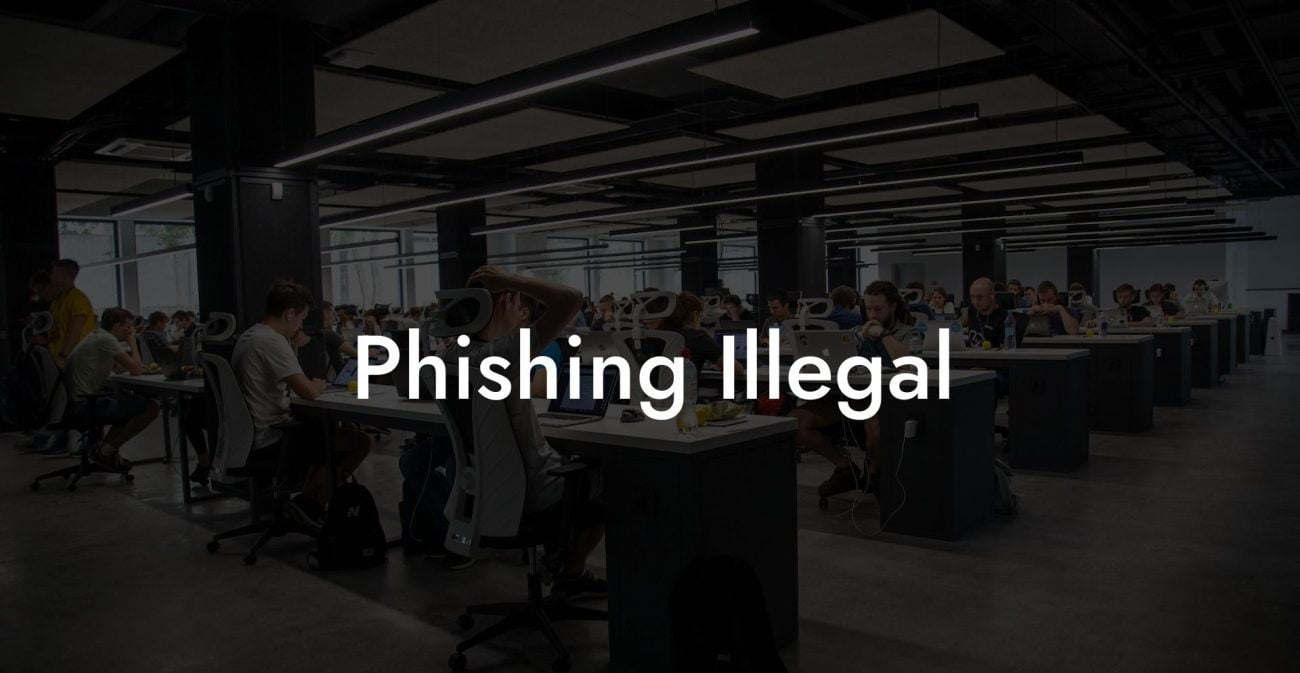Did you ever wonder why such a hostile concept of stealing personal information is named after the seemingly innocuous pastime of fishing? Well, prepare to dive into the depths of this cyber menace's history and understand just how the term 'voice phishing' came to be. With cybercrime becoming an ever-increasing threat to our online safety, it's essential to understand the origins of this invasive technique and learn to recognize and combat it. So, cast your line and reel in the story of the term ‘phishing' and its early days.
Why Is It Called Phishing Table of Contents
Phishing is a cybercrime where attackers disguise themselves as trustworthy organizations, businesses, or individuals, attempting to obtain sensitive information from unsuspecting victims. Voice phishing, or 'vishing,' is a variation of this attack that uses phone calls, voice mails, or voice assistants instead of emails to defraud victims. But why is it called 'phishing'? To find the etymology of this term, we must look back in history.
Protect Your Data Today With a Secure Password Manager. Our Top Password Managers:
To trace the term’s origins, we should venture back to the early years of the internet itself. In the 1990s, hacktivists referred to themselves as ‘phreaks’ derived from the word ‘phone’ and ‘freaks’ because they enjoyed manipulating telecommunications systems to make free long-distance calls. Phishing follows a similar path of creating a portmanteau, using the term ‘fishing,’ which refers to the process of baiting a hook and waiting for a bite, and combining it with ‘phreaks’-- thus resulting in Phishing.
The hacking group that developed this technique, the “Warez Community,” replaced the regular ‘f’ in ‘fishing’ with ‘ph’ to maintain the connection to the hacker community's original moniker. By adopting this term, the group retained their bond with their phreaker origins while evolving to focus on stealing online information instead of manipulating phone systems.
The technique of phishing has come a long way from its hacker community origins. Today, phishing attacks can vary from email scams to spear-phishing, SMS-based smishing, and voice phishing schemes. In all these cases, attackers use their exceptional persuasion skills to deceive victims into revealing their personal data, like passwords, financial details, or social security numbers.
Here's an example of a voice phishing scam that breathes life into the theoretical explanation: An attacker may call someone claiming to be from their bank, stating there has been suspicious activity on their account. The attacker plays on the victim's fear of losing money to persuade them to verify account details and, in the process, relinquish sensitive information to the attacker.
This knowledge of voice phishing presents us with the motivation to educate ourselves and others against such malicious tactics actively. The first and foremost defense mechanism against phishing or vishing attacks is vigilance and skepticism. Recognize that banks, reputable organizations, or government entities will never call or email asking for sensitive information or threaten a victim with immediate financial loss. Implement robust security systems like two-factor authentication and maintain a keen eye for odd requests or manipulative tactics.
As we conclude this exploration into voice phishing's origin, remember to share this information with friends and family to raise awareness about this malicious technique. Knowledge is power, and only by understanding the history and methods of such cyberattacks can we hope to defend ourselves against them. Check out our other guides and learn more about how to prevent voice phishing from wreaking havoc on our digital lives.
Protect Your Data Today With a Secure Password Manager. Our Top Password Managers:

